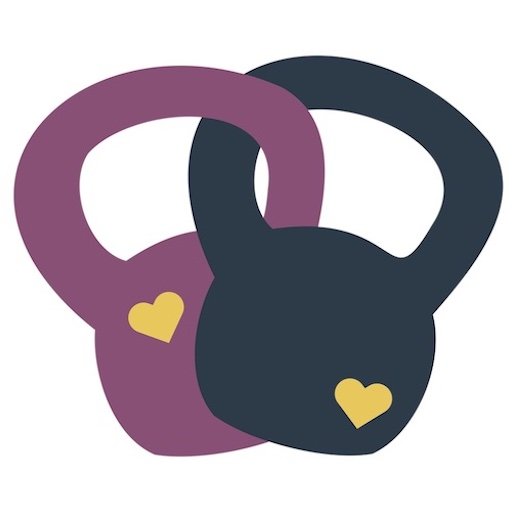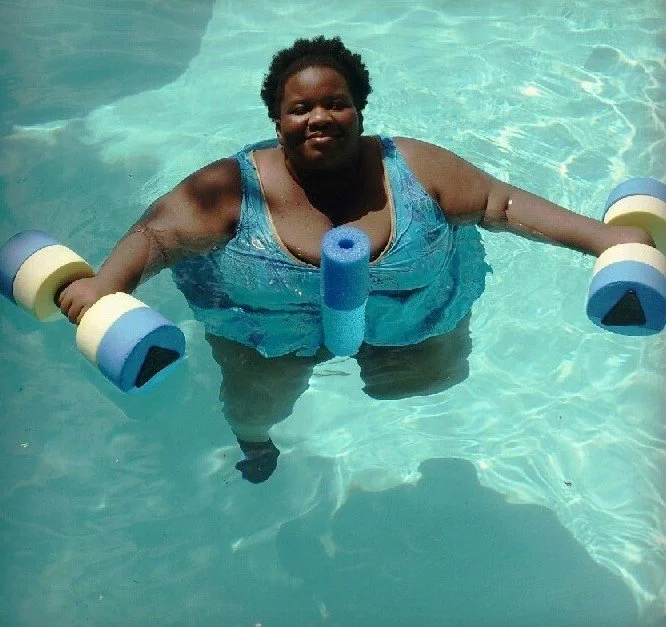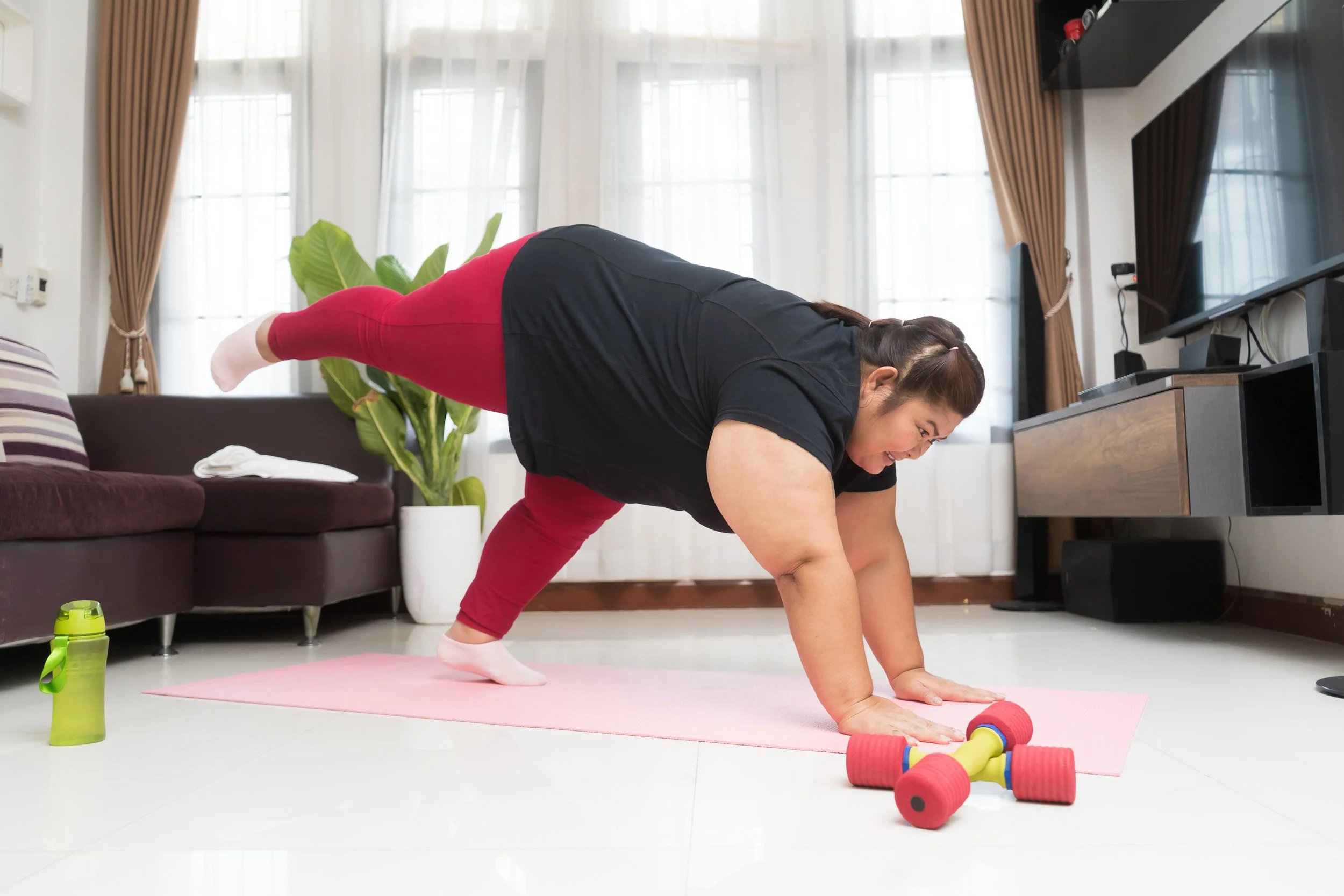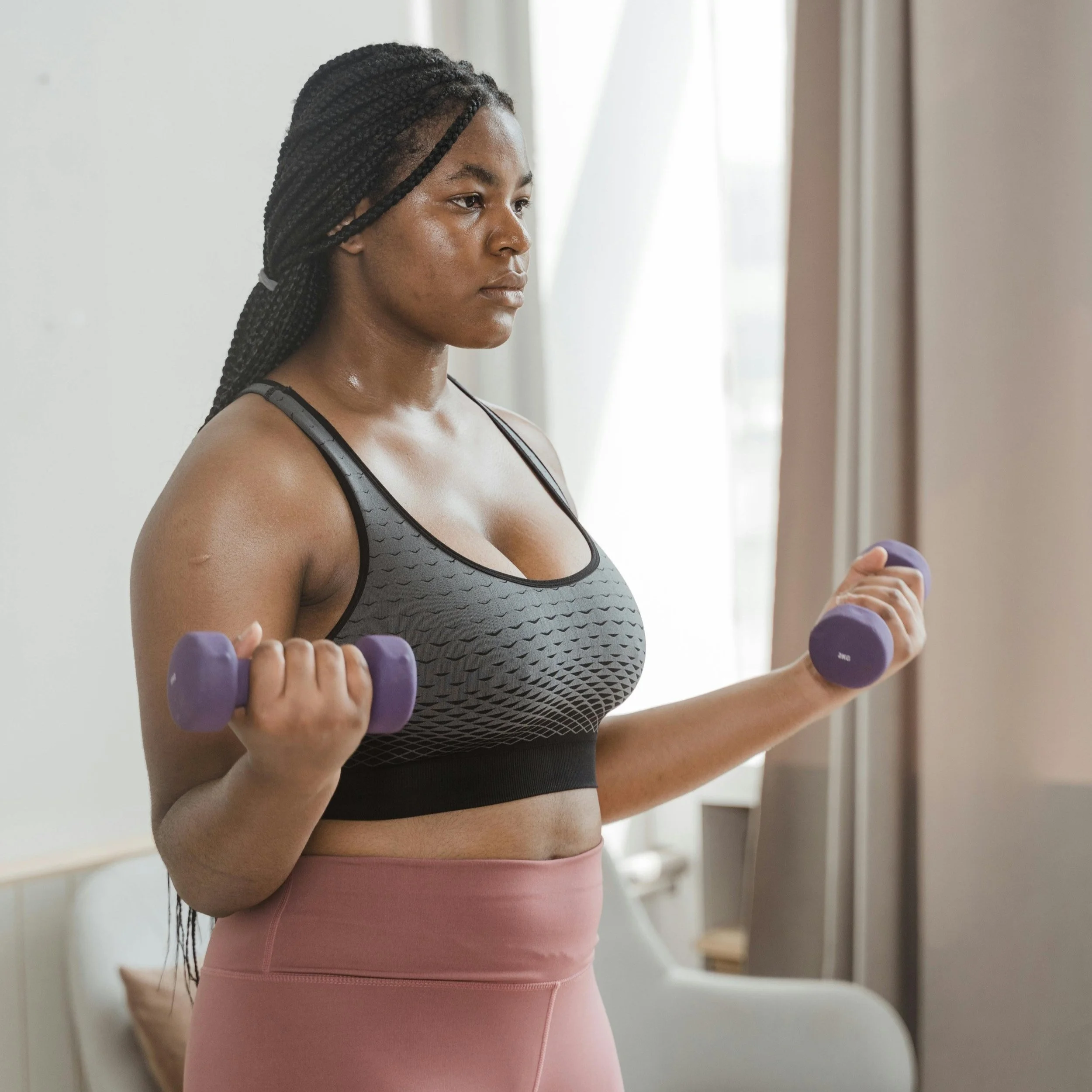Attunement as Liberation
Living in My Body With Zero Apologies
By Angel Austin
I didn’t always know the word “attunement.” It's still a relatively new term for me, but it's becoming more clear every day. I’ve known what it’s felt like to live without it. I've been so disconnected from myself for a very long time.
Growing up Black, infinifat, disabled, before I even had the words like “intersectionality” or “marginalized”, I lived in a body that was constantly talked about, policed, pitied, or punished. I didn’t know I was supposed to be listening to my body because the world was too busy speaking over it. People I respected and loved like teachers and family members, doctors, and even strangers had so much to say about me and my body. Their messages were clear. I need to lose weight. I needed to suffer and sacrifice. I needed to strive to become someone more “acceptable” and be better for the sake of my “health”.
I'm so grateful that in recent years, I've learned something most would deem radical - my body isn’t a project. It’s not a mistake to be corrected. It’s not a symbol of failure or a barrier to health. My body is a communicator. It’s a responder. It's my living, breathing, sacred home. The gift of attunement, the ability to deeply and honestly listen to myself, has become the most transformative relationship I’ve ever built.
This Body Has Been Through It
Let me be clear. I live in a body that’s been dismissed, dehumanized, and blamed. I live in a body that can’t support itself right now, that carries the scars of systemic neglect, that gets called “too much” in rooms that never imagined me in them. I live in a body with chronic pain, severe fatigue, and a list of medical conditions that make providers hyper-focus on my weight and miss the actual issues.
My journey toward strength has nothing to do with losing weight. It has everything to do with reclaiming my connection to myself. Attunement started for me on the days it started to hurt too much to do anything. These were days when I had to learn that rest wasn’t weakness and listening to pain signals wasn’t laziness. For me, it was survival. I learned that strength could look like asking for help and power could be found in stillness, softness, and simply saying “no.”
Navigating Strength Without Shrinking
There is this long-standing myth in wellness culture that says change is only valid when it results in a smaller body. Muscle is only impressive when it reveals a flat stomach and you have to earn strength with suffering. I reject all of that.
My strength goals are simple now. I want to be able to get out of my bed after an acute gout attack earlier this year that has kept me bedridden. I eventually want to be able to transfer from my bed to my wheelchair with more ease. I want to lift my own arms overhead without wincing. I want to strengthen the muscles around my spine because I love the way it feels when I’m more stable, not because I want to be thinner or have any particular “build”.
At different parts of my life, because of illness, medication, natural shifts, or even intentional weight loss attempts, my body has gotten smaller. When that happened, people rushed to celebrate. They said, “You look amazing!” or “Whatever you’re doing is working!” I realize now that my body is not a success story. It might change as I move more, like all bodies do, but I’m not open to applause based on assumptions.
Scripts for Unwelcome Comments
I can't say this enough. It's so easy to get caught up when it comes to ways our bodies change. Every other post we see some version of a “before and after”. It's triggering, but it's also tempting if you're not prepared with ways to counter stigmatizing thoughts about others or even about yourself. If your body has changed (or could possibly change) and you’re getting unwanted comments, or you're tempted to succumb to the allure of the “before and after” trap, here are a few phrases I’ve learned to say to myself and to others:
“I’m not focused on weight loss. There’s a lot more to celebrate than my body size.”
“Actually, the change in the size of my body was not intentional. I’d love it if we could talk about how I feel, not how I look.”
“My body’s not up for discussion right now, but I appreciate your care.”
You actually don’t owe anyone an explanation. You don’t have to be gracious with comments that reduce you to your body’s size. You can reclaim the conversation or leave it altogether.
Goal Setting Without Surveillance
For years, I avoided setting goals because every goal I’d been given was rooted in shame.
“Lose 50 pounds.”
“Fit into this dress.”
“Be able to walk unaided or you’ve failed.”
Now, I set goals that actually honor me.
I choose goals like:
“I want to breathe deeper and more often throughout my day.”
“I want to write about my experiences every morning for 10 minutes.”
“I want to find one movement this week that makes me feel good.”
No numbers. No “before and after.” Just capacity. Care. Joy. My goals are shaped by my body’s current truth, not an imaginary finish line that requires me to be someone I’m not.
Avoiding the Traps of Stigmatizing Habits
If I'm honest, I still catch myself slipping into old thought patterns. I feel like I hate food at least once a week. I check mirrors or avoid them altogether. I skip rest because I think it “doesn’t count” as productivity. I'm ALWAYS thinking I should be doing more.
I need you to know that this isn’t about perfection. Attunement and care are not one-time choices. We have to choose them each day. They are daily practices and they require us to stay honest with ourselves. Each day, we have to ask ourselves, “Is this choice rooted in self-love or fear?” Am I punishing myself just for being who I am?”
Unlearning the systems that taught us to hate our bodies takes time, but every time we pause and choose ourselves, not what the world expects from us, we heal a little more.
Showing Up in the World Without Glorifying Shrinking
I advocate for others. I share my lived experiences online. I’ve had to wrestle deeply with how myself and others “show up” without feeding the transformation narrative.
That means:
I don't share, consume, or interact with “I used to be ____” stories unless they center mindset, not weight.
I don't celebrate strength through aesthetics.
I don't use “health” as a euphemism for “thinner” or “better”.
Instead, this is the messaging I embrace:
“I build strength without shame.”
“This space isn’t about weight loss. It’s about coming home.”
“I help people connect to their bodies, not control them.”
I don’t post before-and-after pictures. I don’t talk about clothing sizes. I don’t call fat loss “a win.” Not because change is bad, but because changes aren't required for worthiness.
This Is Attunement
Attunement is sitting with yourself and asking, “What do I feel? What do I need? What do I want to honor today?” It’s strengthening your body on your terms. It’s setting goals that don’t surveil or belittle you. It’s being open to change without being defined by it.
It’s refusing to make “smaller” synonymous with “better”, and if your body does get smaller or larger, it’s having the language, the boundaries, and the truth to say, “I’m still me. I was always worthy.” Attunement is body sovereignty. It’s what has kept me alive, not just physically, but spiritually, emotionally, and creatively. It's given me hope.
If you’re reading this, I want you to know, you don’t need to become someone else to begin. You’re already worthy of the kind of love, care, and strength that doesn’t require shrinking. You are built for this.




